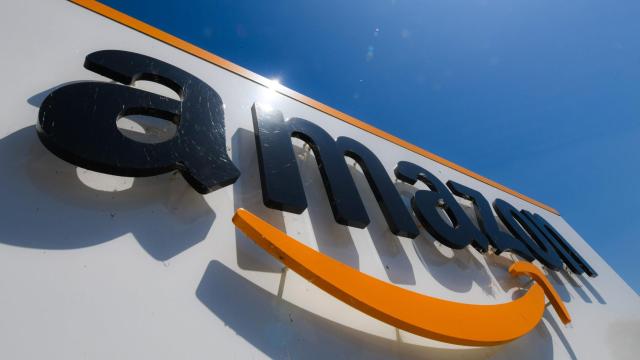Back in 2016, Facebook began tinkering with plans to launch an internet satellite project that was meant to be a part of Mark Zuckerberg’s oft-repeated plans to “connect the world.” Five years later, it looks like the company’s backed down — with Amazon taking its place.
The Information was first to notice that more than a dozen members of Facebook’s former satellite team have since joined up with Amazon’s Project Kuiper, the ecommerce giant’s ambitious project to build its own set of satellites to circle the globe. Facebook’s ex-head of Southern California Connectivity, Jin Bains, now lists himself as Project Kuiper’s Director on his Linkedin page, while multiple engineers fr0m Facebook’s team have made that migration as well.
According to the Information, Amazon paid Facebook an undisclosed amount of money to acquire the employees and a Facebook spokesperson told the outlet “the sale to Amazon was the best way for the satellite team to continue their work, given that Facebook did not intend to launch a network of satellites itself.” Facebook and Amazon did not immediately respond to Gizmodo’s request for comment.
Amazon’s been ramping up hiring efforts for Kuiper since the initiative was first announced in 2019. The team employs about 500 staffers, currently, and there are more than 200 job listings up on Amazon’s site for engineers, physicists, researchers, and software developers to work on the project. The goal, according to the company, is to have this team develop a “constellation” of roughly 3,200 satellites that will circle the globe, with the first half of them launched over the next five years.
Back in April, the company contracted with spacecraft retailer United Launch Alliance to order nine rockets meant to place the first few thousand satellites in its network. Aside from these interstellar systems, the Kuiper team will also be responsible for building the dozen hulking ground stations responsible for beaming data from those satellites back to Earth. All told, Amazon plans to pour about $US10 ($13) billion into this project.
Facebook, meanwhile, seems to have mostly stepped back from the space race to focus on connectivity closer to home; earlier this month, the company announced a new initiative to lay subsea fibre optic cables spanning over 1,609 km through the Democratic Republic of Congo. At the same time, the company’s been partnering with companies like Cisco as part of its Express Wi-Fi program that spans across countries like South Africa and Malaysia.
